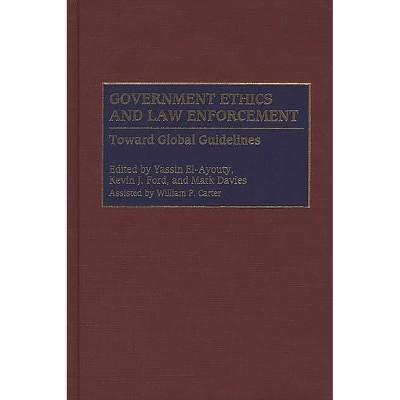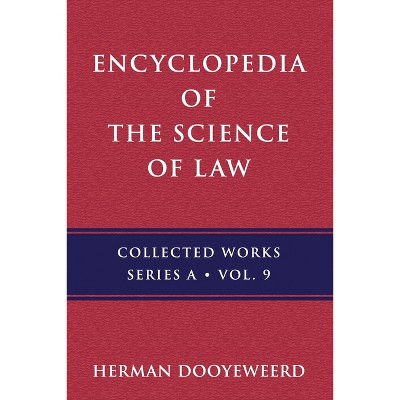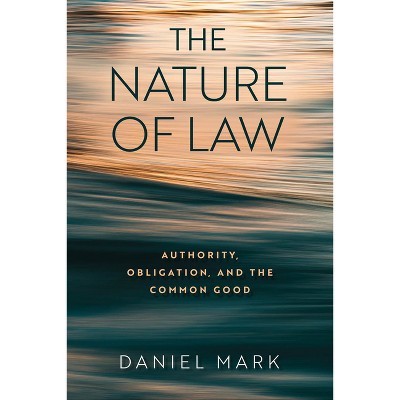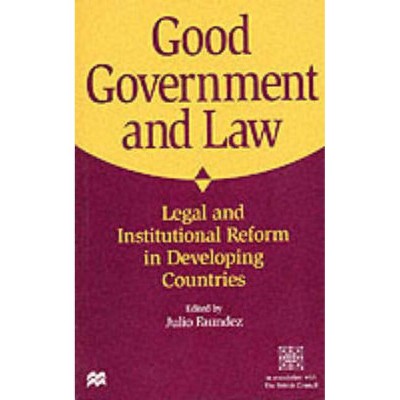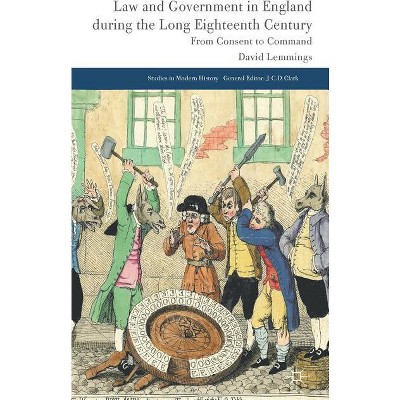Sponsored

Terrorism, Government, and Law - (PSI Reports) by Susan N Herman & Paul Finkelman (Hardcover)
In Stock
Sponsored
About this item
Highlights
- If the FBI asks local law enforcement agencies to interrogate Arab and Muslim men within their jurisdictions, may the Detroit Chief of Police decline to do so?
- About the Author: Susan N. Herman is Centennial Professor of Law at Brooklyn Law School.
- 232 Pages
- Freedom + Security / Law Enforcement, Conflict of Laws
- Series Name: PSI Reports
Description
About the Book
If the FBI asks local law enforcement agencies to interrogate Arab and Muslim men within their jurisdictions, may the Detroit Chief of Police decline to do so? Would allowing the federal government to insist on local assistance be an example of undesirable federal overreaching or desirable national uniformity? If the FBI engages in a Joint Terrorism Task Force with local law enforcement officials in Portland, Oregon, may Portland police officers ignore surveillance-limiting Oregon state laws that apply to them, but not to the FBI? May those officers be bound to secrecy and prohibited from telling their employers if their colleagues violate state law? If the city of Arcata, California, disapproves of powers the USA Patriot Act gives federal investigators, may it prohibit its law enforcement personnel from helping the FBI conduct investigations?
Concern about the proper balance between federal and local authority reaches back to the founding of our nation. That discussion has been re-ignited by the shock waves generated on September 11, 2001, which profoundly challenged our understandings of various constitutional strategies established to prevent overreaching by the Federal government. Until now, the discussion about the impact of 9/11 on American law has paid little attention to federalism, a vertical check on the federal government that complements the horizontal checks created by the separation of powers of the legislative, judicial, and executive branches.
Questions about the ability of state and local governments to make their own policy choices form an important subset of questions about how far the federal government can or should go in its antiterrorism efforts. Clashes between claims of national authority and claims of local autonomy raise political questions that play out within a framework of constitutional law. Terrorism, Government, and Law is designed to foster an important national conversation on this subject.
Book Synopsis
If the FBI asks local law enforcement agencies to interrogate Arab and Muslim men within their jurisdictions, may the Detroit Chief of Police decline to do so? Would allowing the federal government to insist on local assistance be an example of undesirable federal overreaching or desirable national uniformity? If the FBI engages in a Joint Terrorism Task Force with local law enforcement officials in Portland, Oregon, may Portland police officers ignore surveillance-limiting Oregon state laws that apply to them, but not to the FBI? May those officers be bound to secrecy and prohibited from telling their employers if their colleagues violate state law? If the city of Arcata, California, disapproves of powers the USA Patriot Act gives federal investigators, may it prohibit its law enforcement personnel from helping the FBI conduct investigations?
Concern about the proper balance between federal and local authority reaches back to the founding of our nation. That discussion has been re-ignited by the shock waves generated on September 11, 2001, which profoundly challenged our understandings of various constitutional strategies established to prevent overreaching by the Federal government. Until now, the discussion about the impact of 9/11 on American law has paid little attention to federalism, a vertical check on the federal government that complements the horizontal checks created by the separation of powers of the legislative, judicial, and executive branches. Questions about the ability of state and local governments to make their own policy choices form an important subset of questions about how far the federal government can or should go in its antiterrorism efforts. Clashes between claims of national authority and claims of local autonomy raise political questions that play out within a framework of constitutional law. Terrorism, Government, and Law is designed to foster an important national conversation on this subject.Review Quotes
"...Terrorism, Government, and Law is a provocative book that identifies legal dilemmas that should be discussed and debated widely." --The Law and Politics Book Review
About the Author
Susan N. Herman is Centennial Professor of Law at Brooklyn Law School. She is the author of The Right to a Speedy and Public Trial: A Reference Guide to the United States Constitution (Praeger, 2006), sections of other books, and many law review articles.
Paul Finkelman is President William McKinley Distinguished Professor of Law and Public Policy and Senior Fellow in the Government Law Center at Albany Law School. He is the author of many books, including Slavery and the Founders: Race and Liberty in the Age of Jefferson, Dred Scott v. Sandford: A Brief History with Documents, and A March of Liberty: A Constitutional History of the United States (with Mel Urofsky).Shipping details
Return details
Frequently bought together



Trending Non-Fiction










